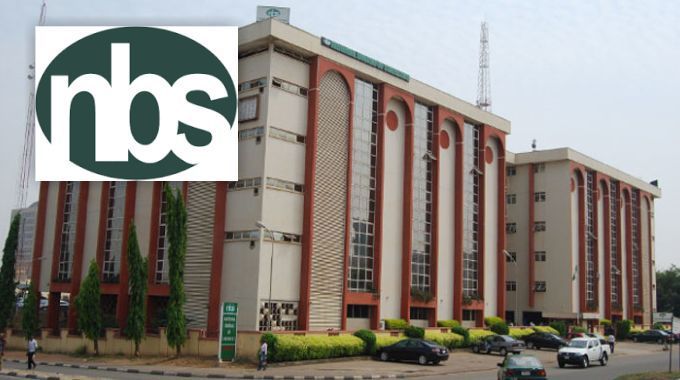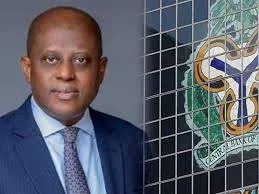Nigeria’s Inflation Rises to 11.9% in November


Annual inflation in Nigeria rose for the third straight month in November, marking the longest run of increases in almost two years as prices climbed across all categories measured by the National Bureau of Statistics, NBS.
In August, Nigeria closed parts of its borders to fight smuggling of rice and other goods, a move which has exacerbated inflation according to customers and economists. The head of customs confirmed in October that all trade in goods via land borders had been halted indefinitely.
Annual inflation was 11.85 per cent in November, up from 11.61 percent in October, the National Bureau of Statistics said on Tuesday, citing broad price increases.
That makes the three-month inflationary run the longest since January 2017, and the highest rate since April 2018. Consumer inflation had dropped to it lowest in almost four years in August.
A separate food price index showed annual inflation at 14.48 per cent in November, compared with 14.09% a month earlier.
Nigeria’s central bank held its benchmark rate at 13.5% for a fourth straight meeting in November, saying the impact of the country’s borders closures — designed to stem smuggling — on prices will be “reactionary and temporary.”
Food inflation quickened to 14.5 per cent from 14.1 per cent in October. The price of imported rice, Nigeria’s preferred staple, has risen since August, after President Muhammadu Buhari ordered the border closures.
The International Monetary Fund warned last month Nigeria will experience further inflationary pressures due to excess liquidity in the banking system, driven by negative real yields on short-term government bonds.







